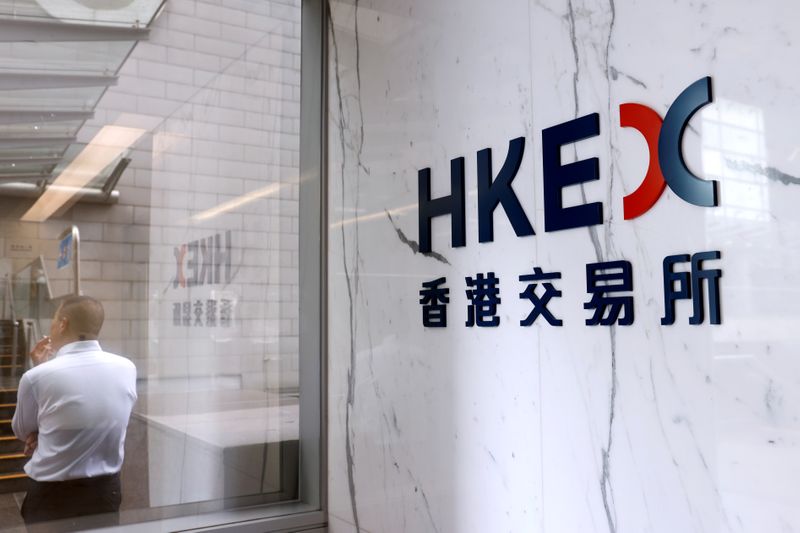HONG KONG (Reuters) - Hong Kong is exploring whether to allow Special Purpose Acquisition Companies (SPAC) to list in the Asian financial hub, according to a government statement, indicating that a largely U.S. phenomenon could be going global.
A SPAC is a blank-cheque company that raises money through an initial public offering (IPO) with the intention of merging with another firm, allowing that business to list more quickly.
Most SPACs so far have listed in the United States. They raised $60 billion in the first two months of 2021, Dealogic data showed, already more than 70% of 2020's annual deal value.
Hong Kong's markets regulator, the Securities and Futures Commission (SFC) and exchange operator Hong Kong Exchanges and Clearing (HKEX) briefed a forum of top financial leaders in the city about latest developments in SPACS on Monday, according to the statement issued that evening.
The Financial Leaders Forum, which is chaired by Hong Kong's Financial Secretary, Paul Chan, had asked the two organisations "to explore suitable listing regimes to enhance the competitiveness of Hong Kong as an international financial centre, while safeguarding the interests of the investing public."
Chan said in an interview with Bloomberg TV on Tuesday that the government was seriously looking into allowing SPACs.
Several Hong Kong tycoons, including Richard Li, the son of Hong Kong's richest man Li Kashing, have set up SPACs already or are working on doing so.

Even without SPACs, Hong Kong was the second most popular listing venue in the world in 2020 with deals worth $31.2 billion, compared to Nasdaq's $51.3 billion, according to Refinitiv data.